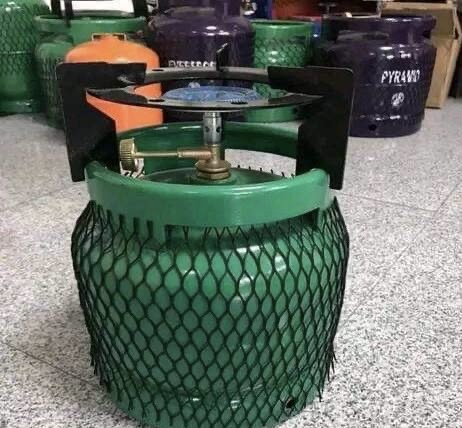KEY POINTS
- FCTA launches a programme to provide 5,000 households with free gas cylinders and six months of refills to reduce indoor pollution.
- Officials say the initiative aims to protect women and pregnant mothers from harmful smoke while improving overall health outcomes.
- The administration links the project to wider economic goals, arguing that healthier communities boost productivity and local GDP.
No fewer than 5,000 low-income households across the Federal Capital Territory are set to receive free gas cylinders and a six-month supply of cooking gas under a new public health programme aimed at cutting indoor pollution and easing household expenses.
The initiative, launched at the weekend under the FCTA’s Breath Clean Air project, is intended to move families away from firewood and charcoal, fuels still widely used in satellite communities where income is tight and the cost of clean energy often feels out of reach.
Dr Adedolapo Fasawe, Mandate Secretary of the Health and Environment Secretariat, said the cooking gas scheme was designed not just as a welfare gesture but as a way to tackle the silent health risks linked to household air pollution. Many families, especially women who spend long hours cooking, are unaware of the long-term dangers, she said.
“People need to understand their environment and how it shapes their wellbeing,” she explained after inaugurating the programme in Abuja. “This is about empowering women to run healthier homes, not just distributing palliatives.”
She added that the cooking gas project aligns with President Bola Tinubu’s broader Renewed Hope Agenda, which seeks to lift living standards through targeted social interventions. The FCT Minister, Nyesom Wike, she said, has embraced the initiative and continues to push policies aimed at making the capital a cleaner and more liveable city.
Cooking Gas: FCTA sees health gains as key to economic growth
Dr Babagena Adams, Permanent Secretary of the Health Services and Environment Secretariat, said the benefits of the project extend beyond cleaner kitchens. Reducing exposure to smoke, he noted, would ease the strain on pregnant women and young children who are among the most vulnerable to respiratory complications.
“We are saving pregnant women and their families,” he said. “When people are healthier, they are more productive. A healthy community becomes a wealthy community, and that reflects ultimately in the GDP of the FCT.”
The administration hopes that the distribution of cylinders and cooking gas refills will nudge households toward long-term adoption of cleaner fuels, even after the free phase ends. Officials say the success of the first rollout will determine whether the scheme expands to cover more communities across the territory.



